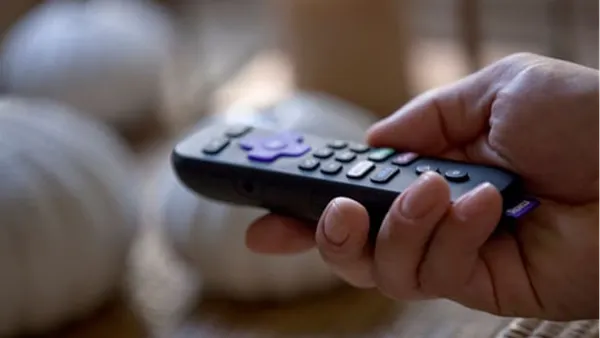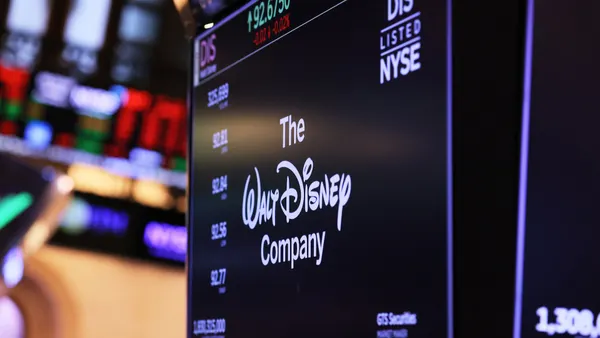Dive Brief:
- Users of Google Home were served promotions for Disney's upcoming film "Beauty and the Beast." However, Google insists the plugs weren't advertisements, as reported by Business Insider.
- A Google statement made available to Business Insider read, "This isn't an ad; the beauty in the Assistant is that it invites our partners to be our guest and share their tales." Later, a company spokesperson clarified further to the publication, "This wasn’t intended to be an ad. What’s circulating online was a part of our My Day feature, where after providing helpful information about your day, we sometimes call out timely content. We’re continuing to experiment with new ways to surface unique content for users and we could have done better in this case."
- After a Twitter user uploaded a video featuring the "Beauty and the Beast" promotion, Google appeared to cease mention of the film on Home. When the user asked what his day is going to be like, Google Home at one point said, "By the way, Disney's live-action 'Beauty and the Beast' opens today" and then proceeded to read copy describing the plot of the film.
New Beauty & the Beast promo is one way Google could monetize Home. cc: @gsterling @dannysullivan pic.twitter.com/9UlukSocrO
— brysonmeunier (@brysonmeunier) March 16, 2017
Dive Insight:
Despite Google's best efforts to tamper down the idea that the "Beauty and the Beast" My Day effort is not a paid advertisement, the entire situation has drawn swift ire and criticism from the media and consumers alike.
The widely negative reaction to Google Home serving unsolicited "advertisements" should let Google — along with fellow digital assistant provider Amazon — know that transparency and clear communication are going to be key with first-voice interactions going forward.
To date, Google has not clearly outlined any clear strategy for monetizing Home with ads, per Business Insider, but this appears to be the wrong way to do it. Marketers are eager to tap virtual assistants to reach consumers directly in the home, but stunts like Google's might turn people off the idea.
IAB research has interestingly found that 65% of surveyed consumers who own an IoT device are willing to receive ads on those devices' screens. The key element of that finding, however, might be the "screens" part, as screens are ultimately less intrusive than, say, Google Home plugging "Beauty and the Beast" when a user wants to know the weather.
One of the key drivers of ad block tech adoption has been poor user experience, and the Google Home debacle might conjure buried bad memories of audio pop-up ads that were almost impossible to zap at one point in time.










